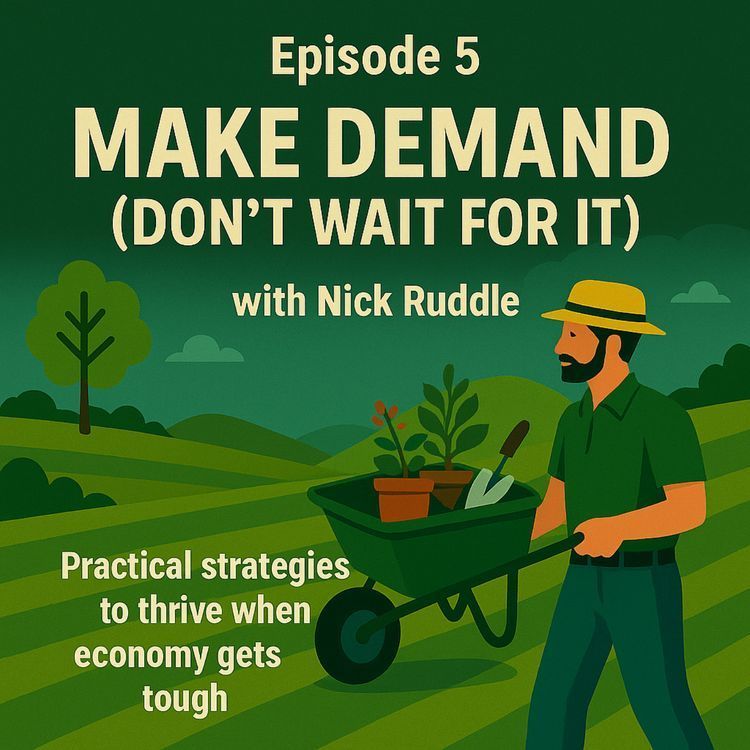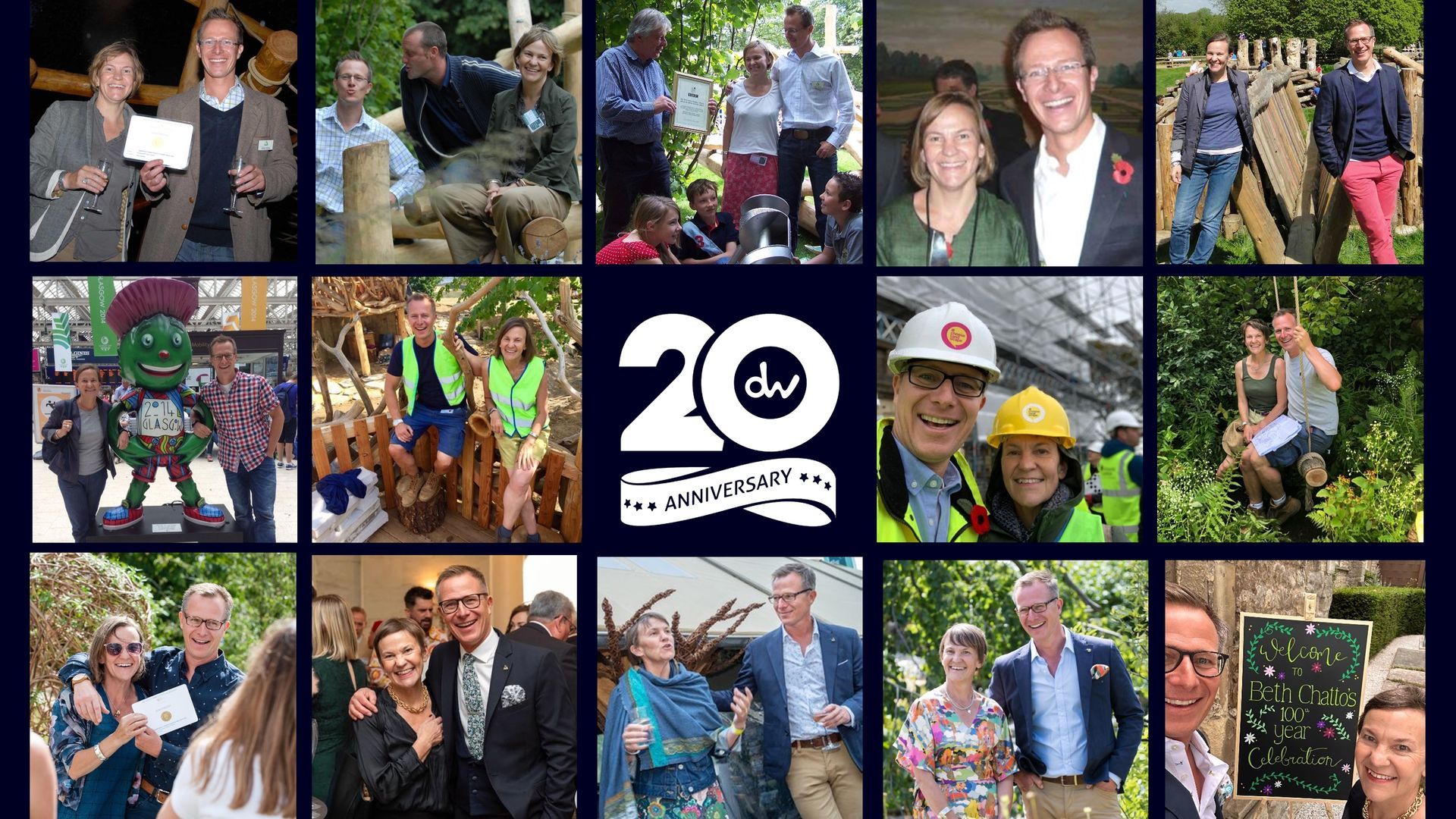Nick Ruddle’s NEW Podcast: Landscaping in Challenging Times
Reflections on Episode 8: From Ideas to Action in 90 Days

“Landscaping in Challenging Times” is a podcast by business coach Nick Ruddle, created to help landscape businesses succeed despite rising costs, shifting demand, and tighter margins. Each concise episode focuses on a specific challenge such as cashflow, profitability, team productivity, or quoting, and offers three practical actions that listeners can apply immediately.
Listening to his latest episode really struck a chord. His theme bridging the gap between ideas and implementation applies every bit as much to design studios as it does to landscape construction businesses. As landscape architects, we’re surrounded by ideas. Every week begins with creative intent new projects, concepts, collaborations, and improvements. But by Friday, it’s easy to feel that much of that energy has been absorbed by client demands, inboxes, and deadlines. Nick’s reminder was clear: ideas are only powerful when they’re converted into consistent, measurable action.
We particularly liked his emphasis on the 90-day planning cycle. For a design practice, that rhythm makes sense. It sits neatly alongside the natural ebb and flow of RIBA Stages, long enough to make meaningful progress, short enough to keep momentum alive. Instead of setting ambitious annual goals that drift, breaking objectives into quarterly outcomes feels far more achievable and energising.
Nick’s point that
“speed of implementation beats speed of thinking”
also resonated. In creative professions, it’s not about producing more designs, but about improving flow turning a good concept into a coordinated package, or ensuring decisions actually lead to change on the ground. He talked too about
visibility and accountability,
which hit home.
A plan that sits in a folder isn’t a plan it’s a wish list. Whether it’s pinned on a studio wall, shared on Teams, or reviewed over coffee every Monday, keeping goals visible keeps them real.
How do the lessons translates to the design stages:
- For client relations a weekly rhythm; checking in on proposals, bids, and design stages prevents opportunities from stalling.
- For studio management, small 30-day fixes (like refining templates or improving communication at handover) create compound gains.
- And for team culture, encouraging everyone to bring one improvement idea each week builds ownership and positivity.

The key message? Predictability over perfection. If you can deliver what you promise on time, to the quality expected you build trust. And with trust comes freedom: to be creative, to innovate, and to lead confidently. Nick’s episode reinforced that the RIBA Work Stages may frame what we deliver, but they don’t define how we grow. Running a design-led practice requires just as much attention to systems, rhythm, and communication as it does to creativity.
Catch up and listen to all the episodes by clicking here!






